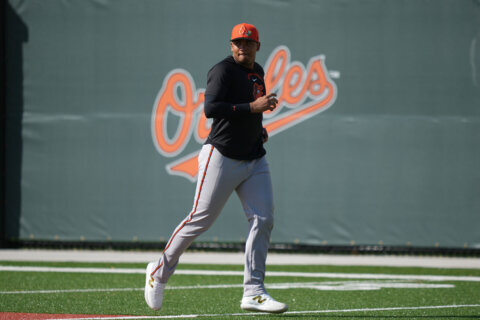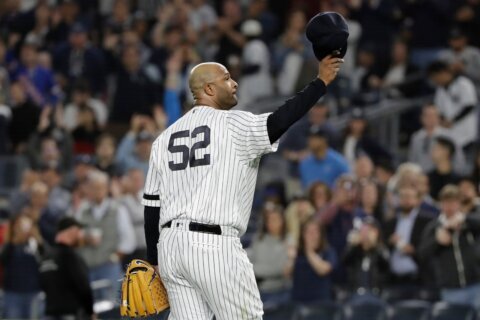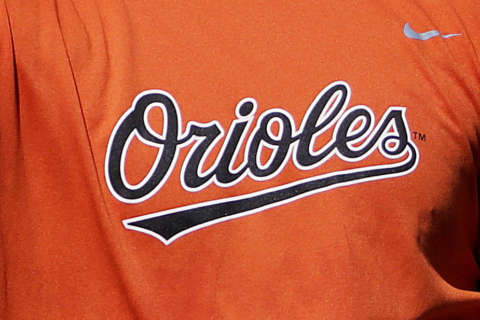ABERDEEN, Md. — When you’ve played as much baseball as Cal Ripken Jr. has — nearly 13,000 plate appearances scattered over more than 3,000 Major League games, the last one 16 years ago — you might think the details would get fuzzy here and there, overlapping in your memory.
The years blend together, much less individual games, or the moments within them. And when you’ve accomplished all Ripken has — Rookie of the Year, two MVP awards, two Gold Gloves, eight Silver Sluggers, 19 All-Star appearances, a World Series title, a first-ballot Hall of Fame induction, a spot on seemingly every MLB list with the words “most,” “famous” and “emotional” — one might think the memories might be a little soft around the edges, more rooted in the feelings of the moment than the granular details.
So how well does Ripken remember that one moment, 30 years ago, when he, his younger brother Billy and his father Cal Sr. became the first family to have two brothers playing the Major Leagues being coached by their father?
“It was 1987, and I remember it was the start of the second half,” Ripken recounted to WTOP. “I think Franky Viola was pitching that game, when Billy made his debut. But Billy hit .286 in Rochester, Rick Burleson was having some problems with his shoulder going in and out, so they made the move to bring him up.”
Well, alright then. In case you’re the fact-checking type, yes, all of those details were exactly as Ripken remembered them, entirely off the cuff. It says something about Ripken’s incredible recall, to be certain. But it also speaks to what’s most important to him and why, 16 years after retirement, his relentless drive continues to push him to forge a second baseball legacy.
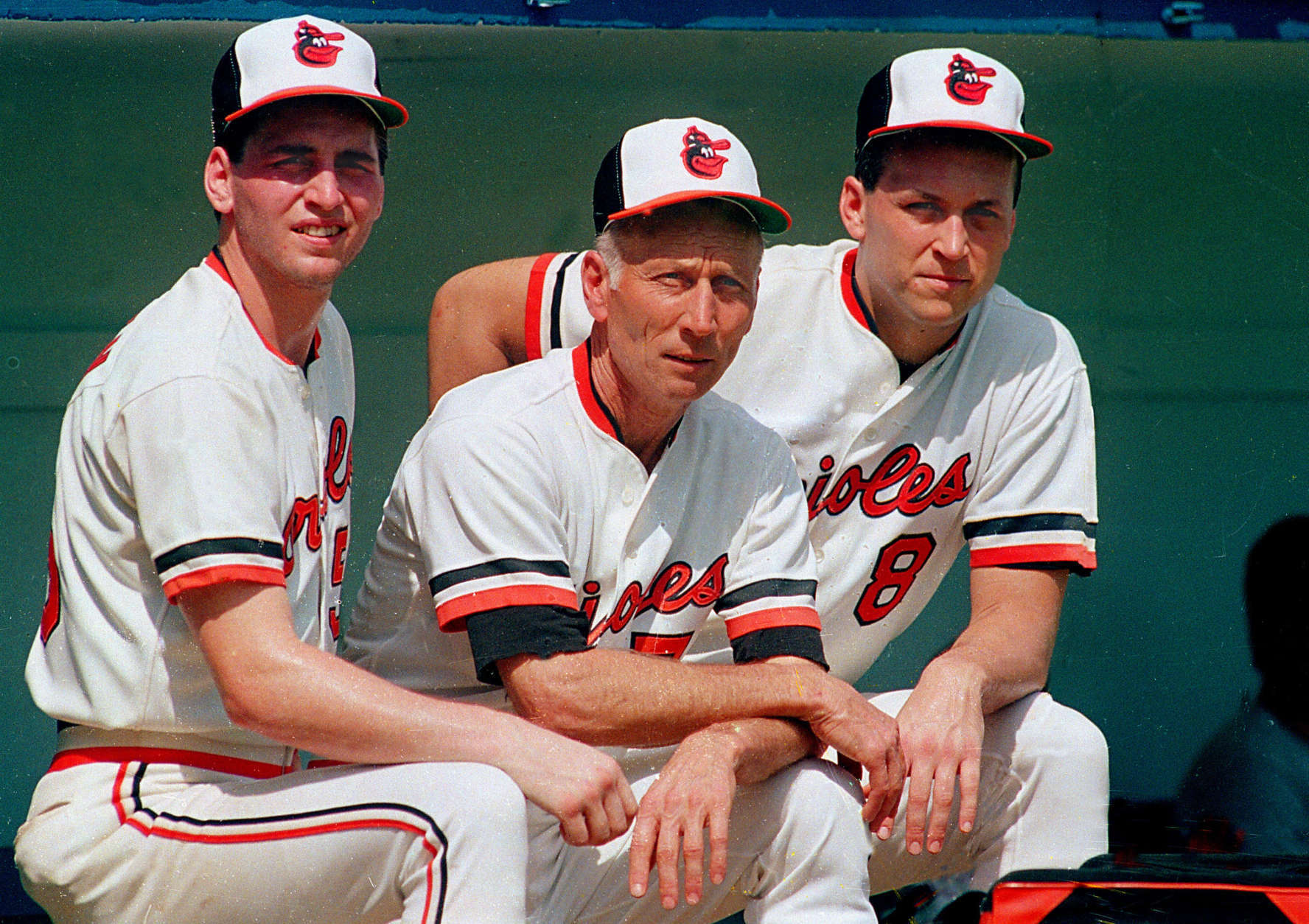
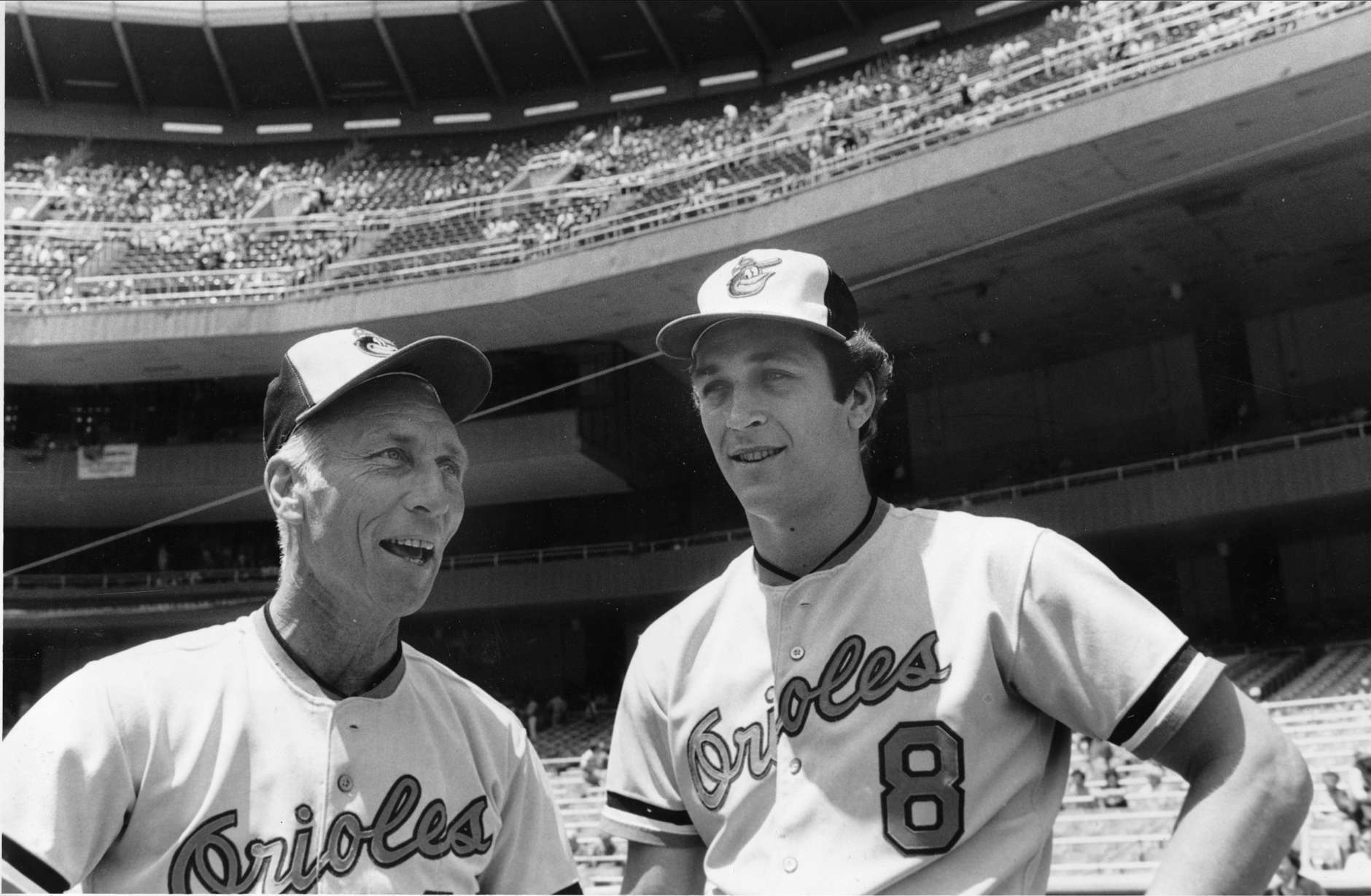
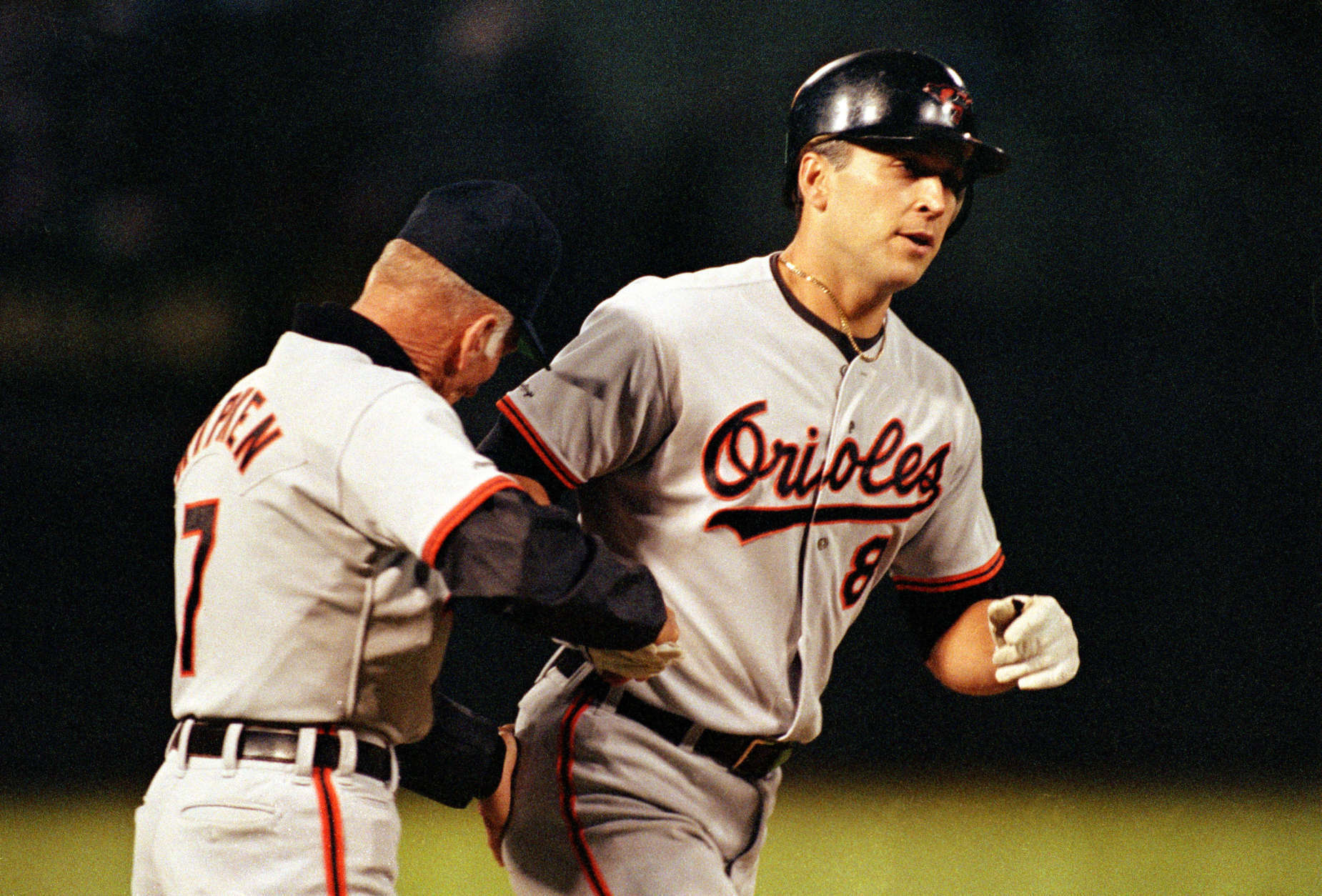
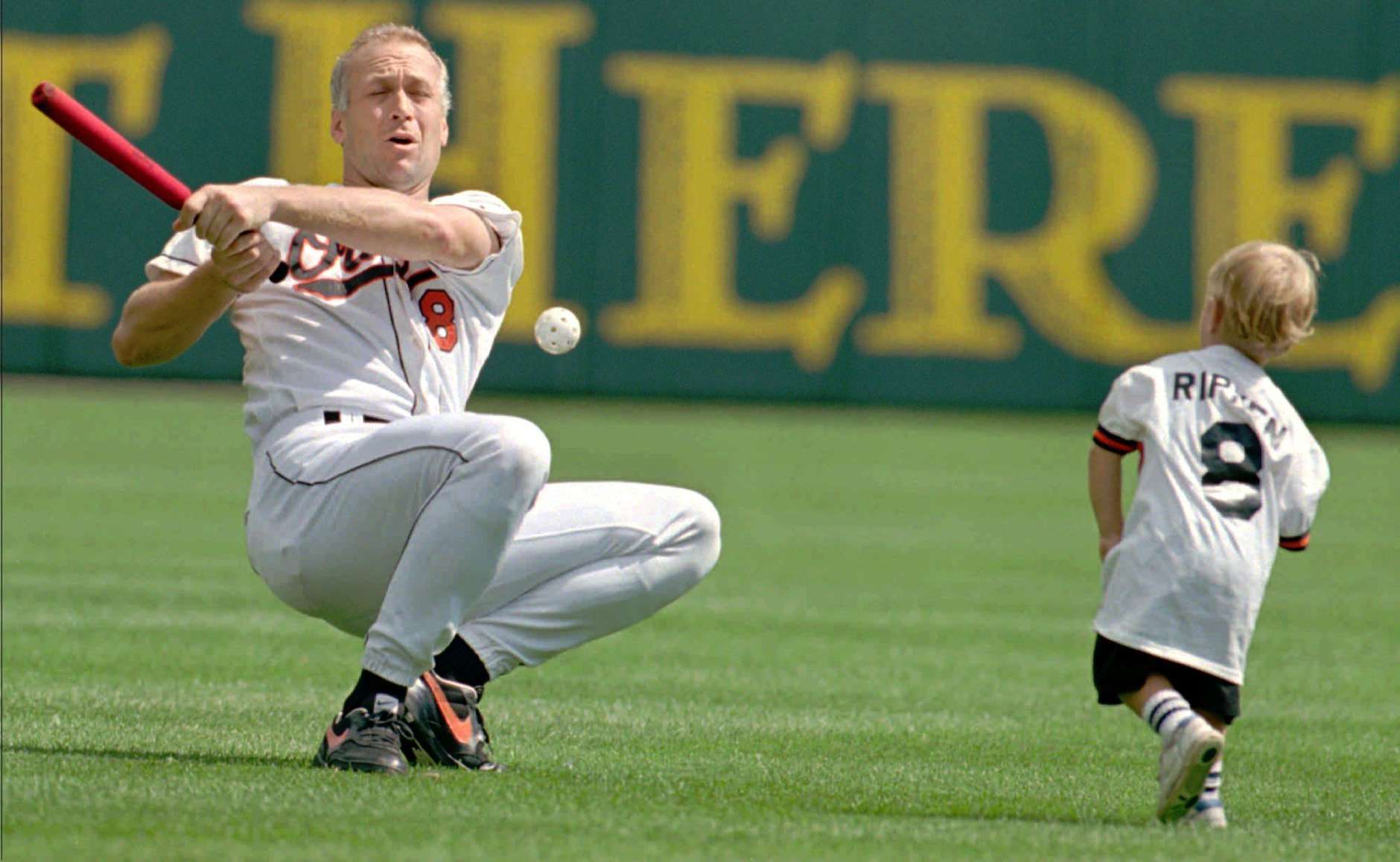
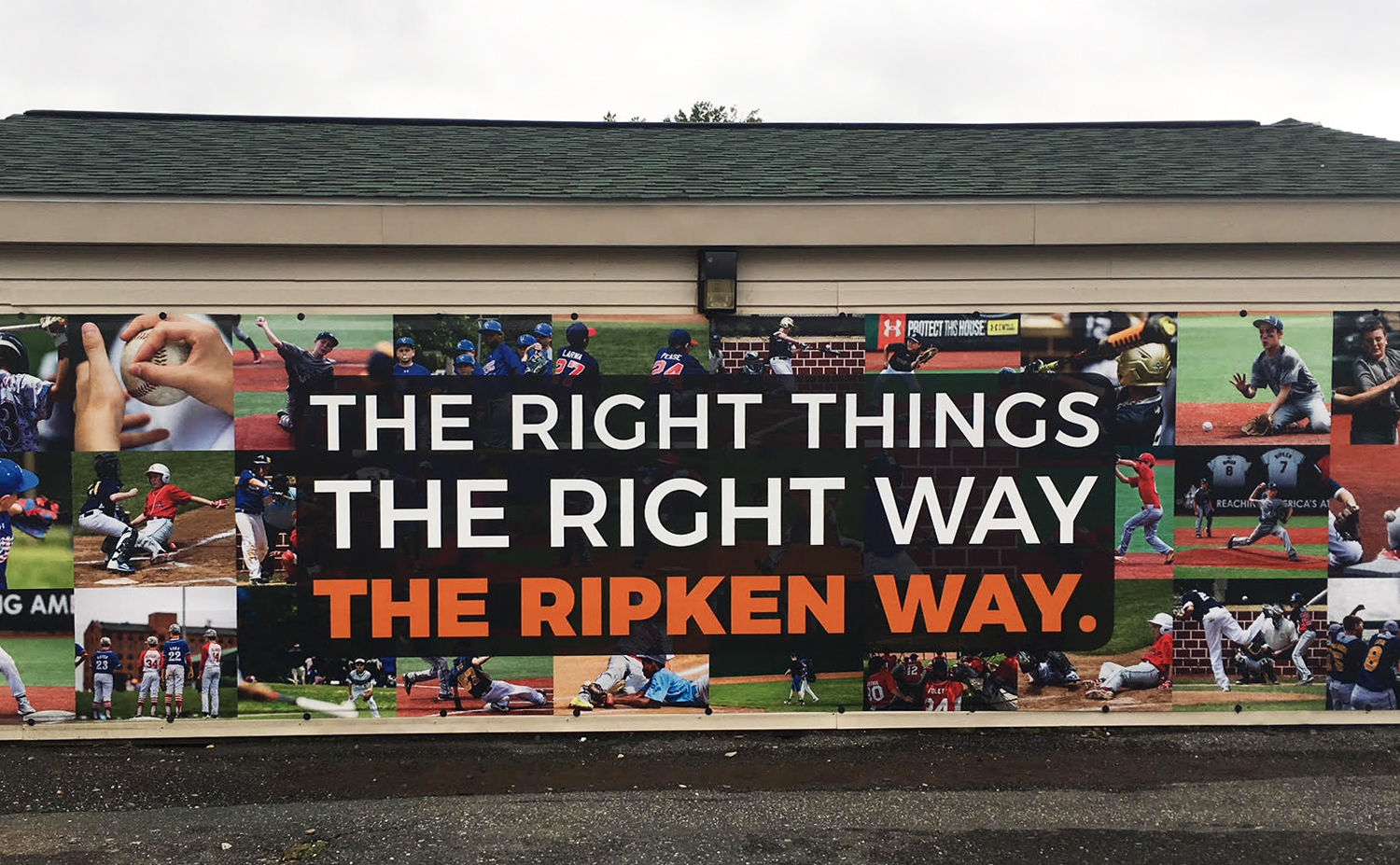
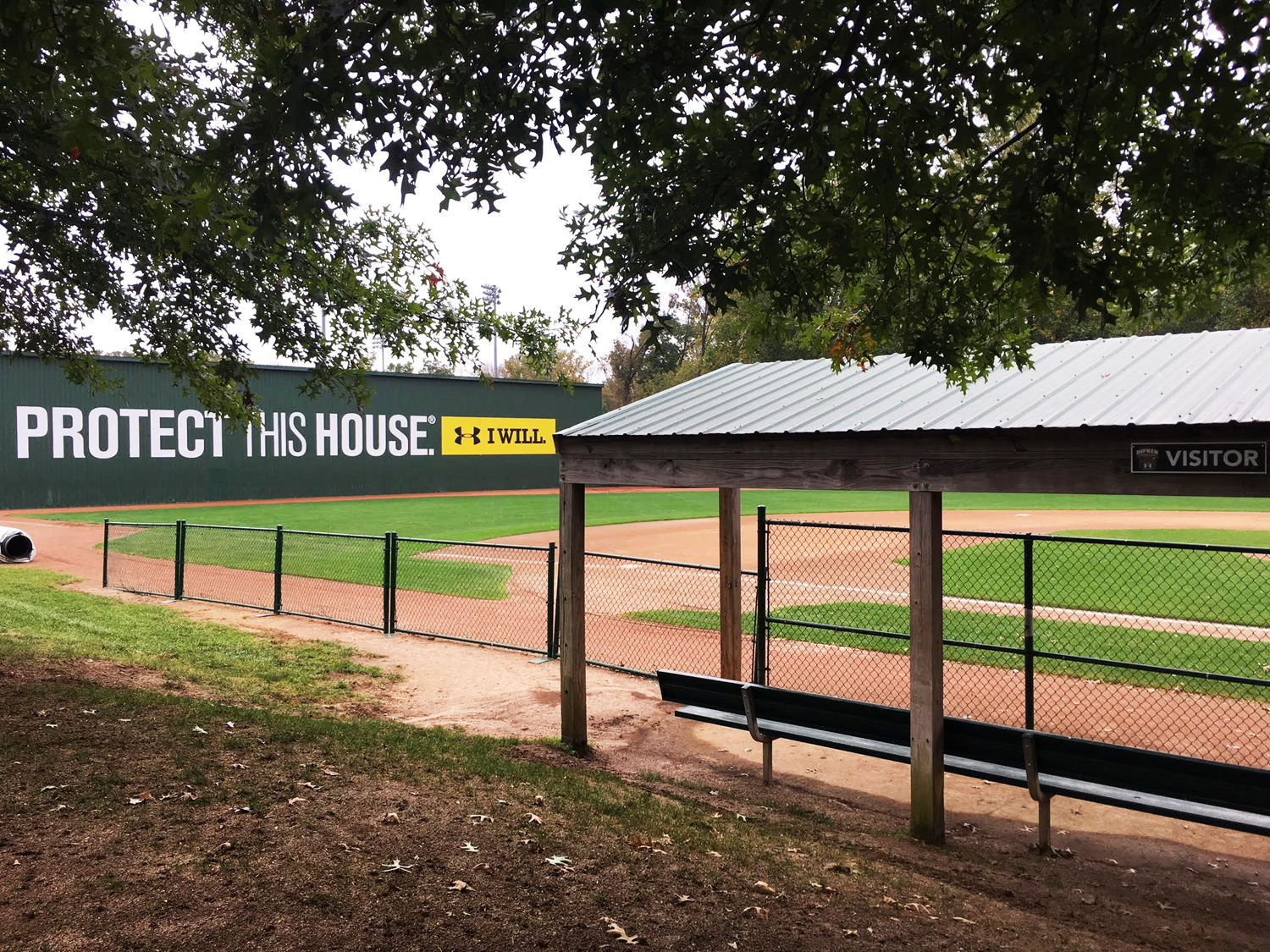
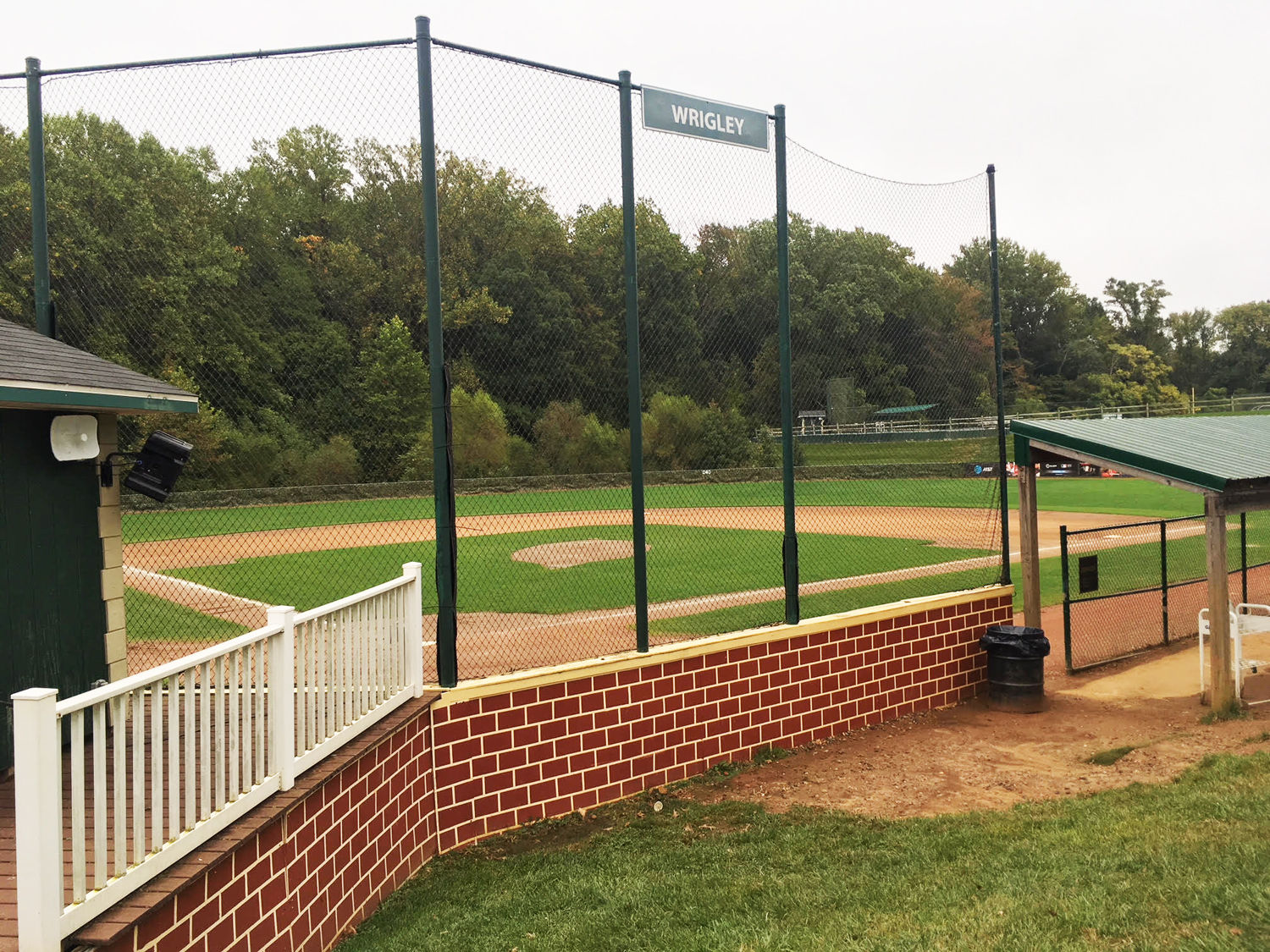
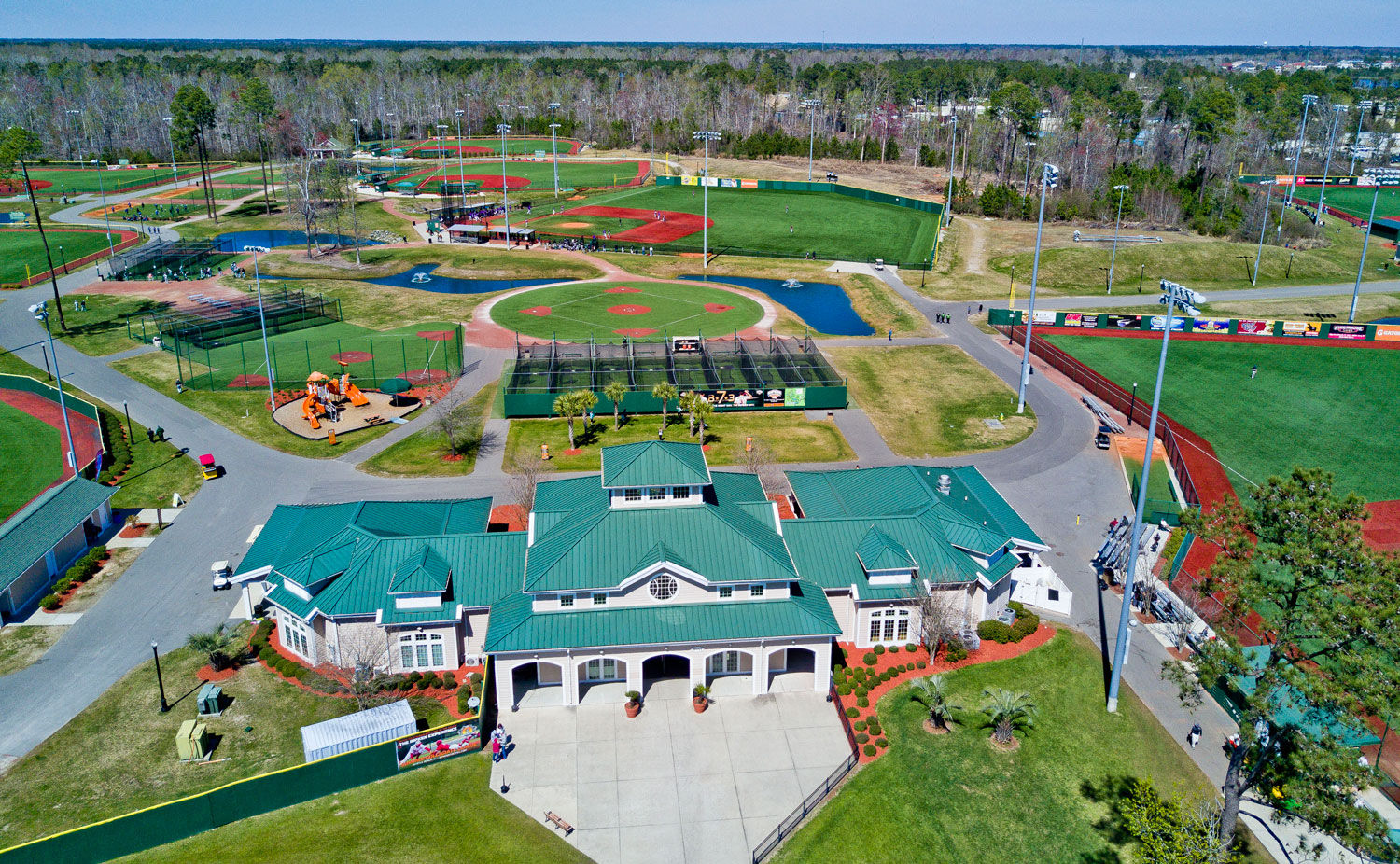
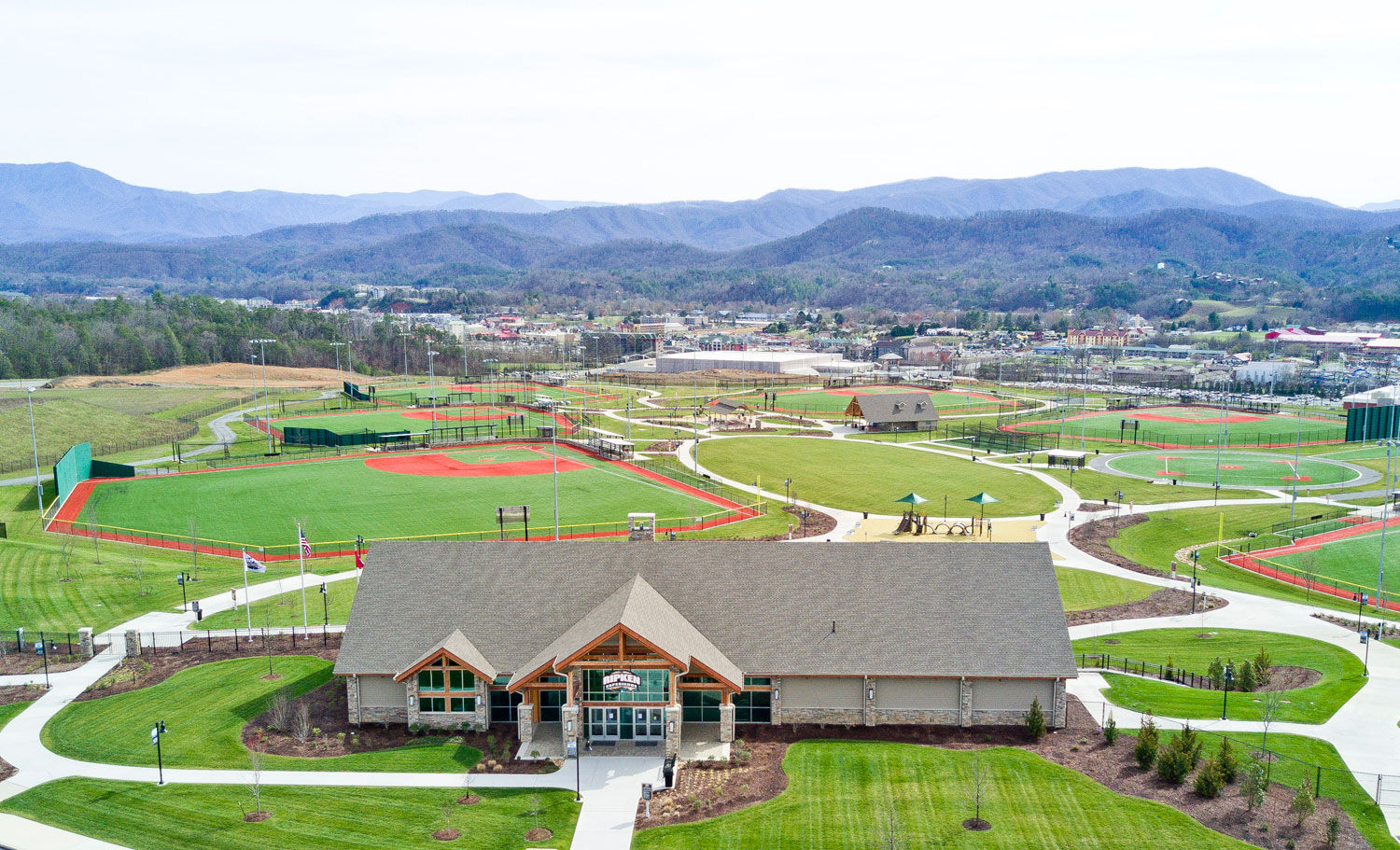
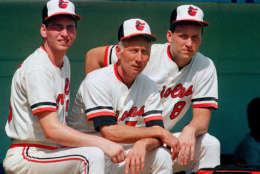
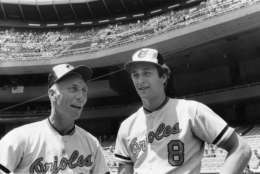
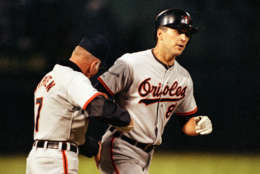
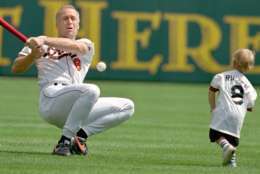
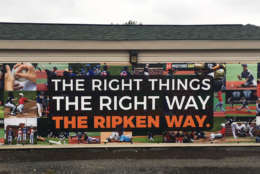
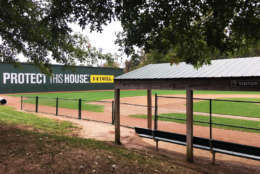
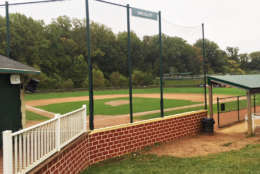
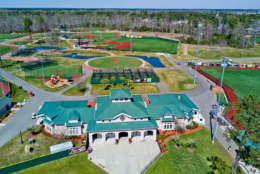
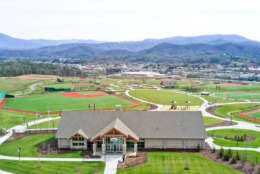
Around these parts, people will tell you that Cal Ripken Jr. saved baseball.
The crippling Major League Baseball strike in 1994 cost the sport the World Series and led to a 20 percent decline in attendance the following year. Though MLB didn’t surpass pre-strike attendance levels again until 2006, Ripken’s most famous moment amid a career of them came on Sept. 1 that next year, 1995, with President Clinton and Vice President Gore in attendance to watch him break Lou Gehrig’s mark for consecutive games played.
It’s an odd thing to be famous for, showing up for work every day. But within the allegorically American lesson of humility and hard work is a drive that hasn’t abated in the decade-and-a-half since he stepped out of the Major League limelight. Ripken may have done even more to save the game in his retirement, leaving a tangible legacy that could easily outlast any memory of his playing days.
Despite record MLB revenues, America has engaged in an extended, decade-long handwringing over the lack of interest in baseball among the next generation, especially in poor minority neighborhoods. That’s been the focus of the Cal Ripken Sr. Foundation, named after Ripken’s father, which has impacted more than a million kids through its programs and the fields it has built.
“We named the foundation after him because his legacy to us was that he developed kids,” said Ripken. “And he used baseball in neighborhoods sometimes that didn’t always have the same advantages to communicate with them.”
It wasn’t the original plan, but Ripken saw a need to build fields to provide places for kids to play and for neighborhoods to embrace as sacred spaces. The foundation has completed almost 70 across the country, with 30 more in the works.
“Once you start getting into the communities, you realize that they need safer places to play, areas of protection. I kind of think of them as outdoor classrooms, in some ways … The communities really do put their arms around them and say, ‘This is our space.’”
Ripken’s also been involved as a Minor League Baseball owner, but has pared back those investments to focus on youth baseball, starting with The Ripken Experience in his home town of Aberdeen. The complex, across the street from Leidos Field at Ripken Stadium, home of the aptly named Aberdeen Ironbirds, has a half-dozen fields, all modeled after famous ballparks. The biggest one, with a full seating bowl, faces a hotel built to look like the B&O Warehouse over the right field wall at Camden Yards.
In 2006, The Ripken Experience expanded, with a second location in Myrtle Beach, South Carolina. As in Aberdeen, the Myrtle Beach facility features replicas of ballparks, though this one focuses on the classic parks of the past, from Ebbets Field, to the Polo Ground, to Griffith Stadium, spread over 50 acres. Last year, a third Ripken Experience opened in Pigeon Forge, Tennessee, southeast of Knoxville at the foot of the Smoky Mountains. Together, they hosted nearly 30,000 youth players and coaches for camps and tournaments.
Maintaining and expanding this empire is a lot of work, especially for someone like Ripken. So many successful athletes are happy to play golf, or fish. Those who still want to be involved in the game might coach or take a spot in a broadcast booth, maybe a front office advisor gig. But nobody’s doing what Ripken is doing, with as much verve as he’s doing it.
“Sometimes I wonder if I busy myself for the sake of busying myself,” Ripken said, trailing off. “You want to make a difference. You want to stand for something.”
It wasn’t enough to stand for being the Iron Man of baseball, for being known for hitting and catching and throwing a ball every day.
“I realized that you’re not going to play forever, I think, when I was a younger player,” he said. “What was I going to do next? How do I use the platform that baseball gave me to do something I really want to do?”
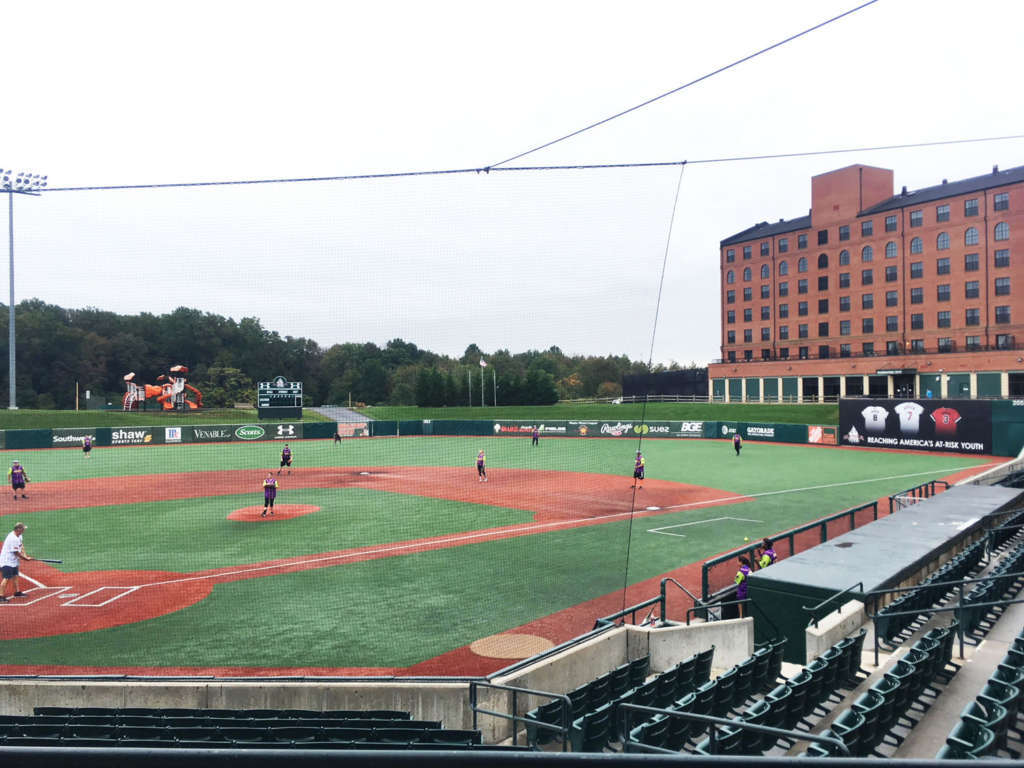
Unlike some athletes, who are barely recognizable when they come back for team celebrations, Ripken looks much the same at 57 as he did when he retired. He always had a distinguished presentation about him, and is just as recognizable filling out a black suit as an orange-piped Orioles uniform, his familiar, casual smile and relaxed delivery honed from decades of speaking into microphones.
Walking around the complex in Aberdeen, unfazed by a light rain that begins to fall, you can hear the excitement in Ripken’s voice as he describes the different facilities. There are fields modeled after the dimensions of Yankee Stadium and Fenway Park, complete with a mini Green Monster. Down at the very back, though, might be the installment Ripken’s most proud of. There’s a brick façade behind home plate at the Wrigley Field replica — complete with real ivy growing over the outfield wall. Billy built and installed it himself.
In building these complexes, Ripken wanted to share the experience he was lucky enough to have growing up. That’s where “The Ripken Way” comes from; it’s as much a tribute to his father’s upbringing as anything else.
“The Oriole Way was doing things right, not doing them halfway, but putting time in and doing the work, and that’s really what dad stood for,” said Ripken. “So when dad came to the big leagues and maybe some of the elements of The Oriole Way had fallen apart, the baseball players themselves started calling that The Ripken Way.”
Cal Ripken Sr.’s baseball life influenced his elder son in two profound ways, instilling in him that legendary drive, but also a desire to be present for his own children. They were aged eight and 12 when Ripken retired, and he didn’t want to miss any more of their lives than he already had jetting around the country eight months a year as a player. It’s something he realized later, well after that history-making day 30 years ago, just how significant it was to be able to enjoy the game with his family.
“It really wasn’t until it started to break up and it wasn’t there anymore that you look back and you go, man that was really special,” Ripken said.
Now that his children are grown, it would be understandable if Ripken felt the need to scratch the itch to get back into Major League ball. He remains one of the most popular athletes in the mid-Atlantic area, someone whose name has surfaced in the past when managerial jobs have opened up. Ripken insisted that his focus was on his business and the foundation, but he didn’t shut the door on potentially coming back to the Major Leagues if the situation was right. It should be noted for context that Ripken spoke with WTOP prior to the Nationals’ elimination and Dusty Baker’s release.
“It might happen. But for now, I’m very content pushing forward with what’s going on, and if there was an opportunity that was interesting to me, I’d certainly listen,” he said.
If he does, that will be another chapter in his baseball life. Ripken’s been asked countless times about his legacy, having heard some version of the question at every moment up to and since the 2,131 banner unfurled its way down the brick warehouse on Eutaw Street. But it’s hard to imagine that it will have as much tangible impact as the current one, teaching the next generation The Ripken Way.
“I guess when you add it all up, I’m doing what I wanted to do,” he said. “I wanted to move the ball and promote baseball, and I’m giving kids an opportunity to experience baseball the way Billy and I experienced it.”
Watch more of the interview with Cal Ripken Jr. below:

